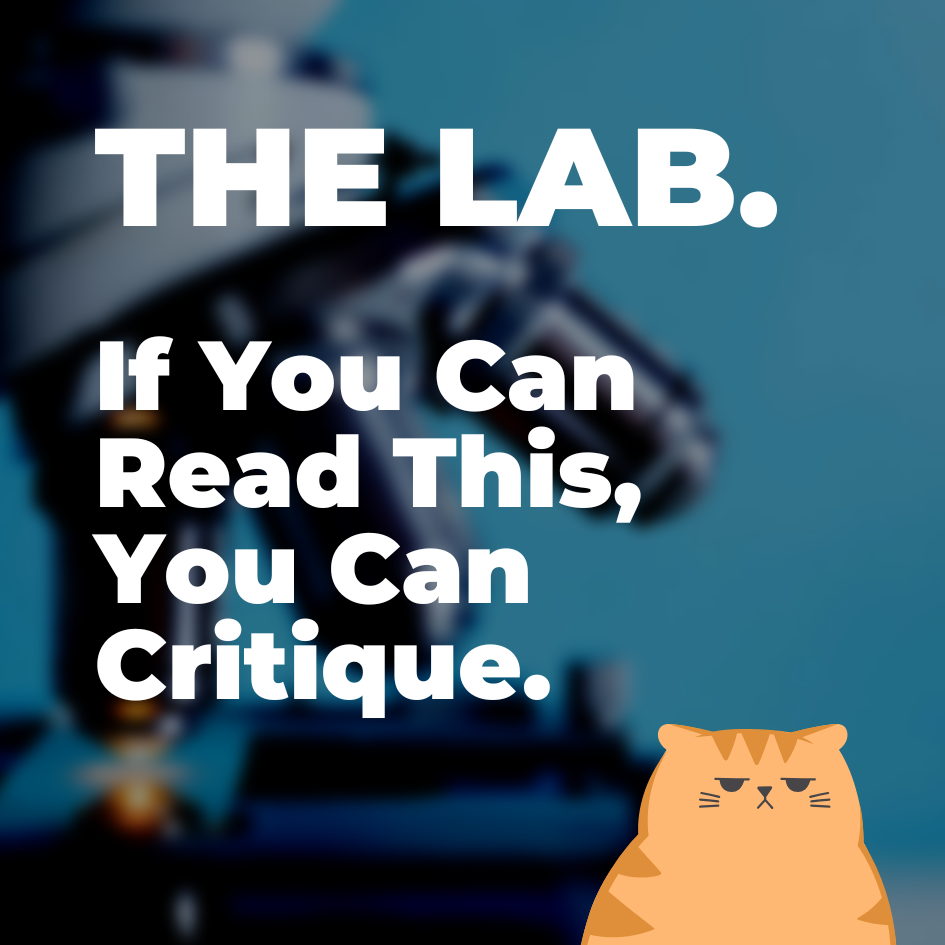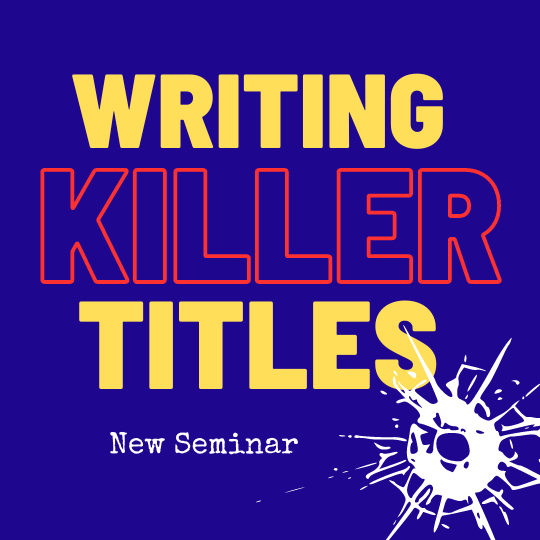Home Spotlight Trade Interviews
Sophie Goldsworthy: ‘We’re a counterweight to
propaganda, conspiracy and the erosion of truth’
TRADE INTERVIEWS NOV 20, 2025 BY TOM TIVNAN
Oxford University Press’ new academic boss on its mission to elevate public discourse in the
fake-news age of Trump
Latest
Sophie Goldsworthy:
‘We’re a counterweight to
propaganda, conspiracy
and the erosion of truth’
Creator and publisher Ken
Wilson-Max reflects on 40
years in the industry
Speakies shortlistee:
Richard Armitage (Panic)
Speakies shortlistee:
Michael Ajao (What
Happens Online)
Speakies shortlistee: The
meteoric rise of Yoto, the
children's audio platform
VIEW ALL
Sophie Goldsworthy
When I meet Sophie Goldsworthy, one of the first questions I pose is whether this is the most
challenging time in the history of university presses (UPs).
It is a slightly outlandish question for the new Oxford University Press (OUP) global academic
publisher. UPs play a long game, as they have been around for a long time: OUP since 1598, and
one imagines the sieges of Oxford by Parliamentary forces during the English Civil War might
have put a dampener on the University Press Weeks of the mid-1640s.
But current times are difficult. The strained budgets of universities and governments have a
two-pronged bite: most UPs exist as departments within universities and their content is
dependent upon well-funded research; and UPs’ core customers tend to be academic institutions
and libraries whose spending power in many territories is now heavily constrained. Plus,
artificial intelligence (AI) has upped the digital ante where questions of copyright protection and
AI’s impact on research are just the tip of the complex issues around its use.
LATEST ISSUE
‘Our publishing reasserts the value of expertise by foregrounding authors at the top
of their games globally, helping them develop their research’
14th November 2025
A rummage through the most recent full-year financials via Companies House, universities’
annual reports and the Charity Commission shows that British UPs are feeling the pinch. In the
mid-level, players like Yale UP had an income slip of 1.4% to £8.73m, while Edinburgh UP’s
contracted 6% to £4.8m. The Oxbridge behemoths have not been immune. OUP’s headline
turnover declined by 4.5% and its profit was down 38%. (This is relative; OUP’s decreased
turnover was £795m and the profit £61.4m.) Cambridge University Press & Assessment (CUPA)
had a slight jump of 1.2% to £1.04bn, but its profit dropped 13%, to a “mere” £205m. But a
commonality in all these UPs’ annual reports, no matter the size, was the noting that tough
trading conditions had impacted their businesses.
Profit-and-loss reports and market forces are only part of the story. Yes, UPs want to make a tidy
return for parent institutions. But the core is the dissemination of high- quality research to the
widest possible audience to promote learning and culture. But disseminating that knowledge is
now deeply under threat from geopolitics and culture wars. Particularly by the fake-tanned
vulgarian in the White House and his MAGA cronies’ so-called “war on universities” in America.
The US has an outsized role in world research, so the Trump administration’s bullying and
threats of defunding institutions that do not fall in step with its hard-right views will hit UPs’
content across the globe.
This comes amid the general climate of our post-truth, fake-news world in which the public
might trust a TikTok huckster more than an academic with a wall full of degrees. Can UPs get the
world to listen to experts again? Can the sector ever recover from the age of misinformation?
Goldsworthy does not disagree that the climate has made UP publishing more difficult – but
argues this just makes the mission more vital. She says: “It’s a fraught time and we are obviously
facing political volatility and cultural fragmentation, left, right and centre. I think there are a
number of ways in which the publication of serious non-fiction can help counter the
polarisation where expertise is often dismissed or politicised. Serious non-fiction offers a
platform for rigorous and evidence-based thinking. Our publishing is reasserting the value of
expertise by foregrounding some of those authors with deep knowledge who are at the top of
their games globally, to helping them shape and develop their original research.
“We aren’t ever trying to dumb things down. We’re inviting our readers to wrestle with
complexity, not necessarily offering easy answers or AI-style summaries. Although on our
platforms we are trying to use some of those tools to make content land more effectively for
different types of reader. But serious non-fiction is a powerful challenge to binary thinking and
helps foster a more nuanced understanding of the world [and] an effective counterweight to
propaganda, conspiracy and the whole erosion of truth in public discourse.”
Continues...
In this week's issue:
Editor's Comment: Editor's Comment: Editor's Comment: Editor's Comment: We pay
leaders to lead, not take a back
seat
Author Profiles: Author Profiles: Author Profiles: Author Profiles: Brandon
Sanderson & Madeline Cash
Narrator Profile: Narrator Profile: Narrator Profile: Narrator Profile: Michael Ajao
Non-Fiction Preview: Non-Fiction Preview: Non-Fiction Preview: Non-Fiction Preview: February
Discover Spotlight: Discover Spotlight: Discover Spotlight: Discover Spotlight: SFF
Reflecting Realities Reflecting Realities Reflecting Realities Reflecting Realities
Report: Report: Report: Report: Analysis
READ IN FULL
Richard Susskind’s How to Think About AI: A Guide for the Perplexed is just one hot-button title on OUP’s Academic list
Goldsworthy points out that a lot of books on OUP’s Academic list at the moment are on hot-
button topics, tackling urgent issues such as AI ethics, the legacies of colonialism and
democratic fragility. Indeed, its top-selling 2025-published title through NielsenIQ BookScan is
the technology legal scholar Richard Susskind’s How to Think About AI: A Guide for the
Perplexed. Others in the “urgent issues” space include Tim Lenton’s Positive Tipping Points: How
to Fix the Climate Crisis, former Australian PM Kevin Rudd’s look at the state of Chinese politics
in On Xi Jinping: How Xi’s Marxist Nationalism is Shaping China and the World, and The
Colonialist, William Kelleher Storey’s reassessment of Cecil Rhodes’ ongoing, difficult legacy in
southern Africa.
Let us not over-egg this. The academic division’s bread and butter remains its reading-list
staples, textbook ranges such as the Oxford Medical Handbooks or Blackstone’s Statutes, and
student-adjacent series such as the Very Short Introductions books. Often, the content is
delivered digitally. Goldsworthy cannot reveal Academic’s turnover, since OUP does not strip
out divisional financial performance. But its annual report says 76% of Academic sales came
from digital, the Oxford Academic platform logged a record 187 million visits last year, while
digital books content hosted on the platform increased in usage by 6%.
But OUP has made a concerted effort in the past few years to lean into its trade side – to, in CEO
Nigel Portwood’s phrase, “publish with purpose”. That means, Goldsworthy says: “Curation and
intention. It’s about being selective and strategic in commissioning work that will make a
meaningful contribution to the cultural conversation by reaching outside the purely academic
audience. Non-fiction in general is having a tough time. Inevitably, with everything that’s going
on, people are looking for escapism – we don’t publish romantasy and I don’t think we ever will.
A counterpoint from a university press view of how to survive the AI apocalypse. ie dont dumb down.



